Bioethics Forum Essay
Capitalist Philanthropy and Vaccine Imperialism
Rich countries are giving or contemplating the possibility of giving their residents a third dose of a Covid vaccine, going against the World Health Organization’s appeal for a moratorium on booster shots until more people around the world receive their first dose. Eighteen months into the pandemic, we are facing a vital test on solidarity during a global emergency, and we are failing it.
The predacious race in hoarding world stockpiles of Covid-19 vaccines by wealthy nations is a dramatic illustration of the structural and political problems that perpetuate global health inequalities. So far, 74% of the Canadian population has received the first dose of a SARS-CoV-2 vaccine, compared to only 1.9% of the population in low-income countries. Billions of vaccines and related supplies are needed, but delivery is delayed in many countries where cases and deaths are rising rapidly. The so-called generosity of rich countries is poorly planned and 450,000 vaccines doses in Africa were destroyed because they had expired during shipment.
South Africa and India, with the support of several hundred countries, took the lead in trying to prevent the inequitable global distribution of Covid vaccines last October, when they asked the World Trade Organization to lift pharmaceutical patents on the vaccines. Since May 2021, over 60 nations have been demanding a temporary but broader patent waiver that includes all the tools to fight Covid. The wealthiest countries, including Canada, Japan, Switzerland, Norway, the EU, and the UK, rejected this proposal. The United States supports a temporary exemption from patents. At the close of the G7 Summit in June, Canadian Prime Minister Trudeau pledged to donate the equivalent of 100 million doses to the most vulnerable countries, either in cash or in-kind, through COVAX. However, one billion doses are needed to reach the WHO goal of vaccinating 10% of the world population by the end of September, 40% by the end of 2021, and 70% in 2022.
Low-income countries rely on COVAX, but they also negotiate deals with pharmaceutical companies and countries that produce vaccines, such as Russia and China. The rise of vaccine diplomacy and vaccine imperialism is a troubling phenomenon with political consequences that must be addressed.
The commitments made by the wealthiest countries to share vaccines and funding for international cooperation mechanisms are one crucial step. But they remain insufficient and reflect two structural problems.
First, acts of charity are not enough to establish the foundations and institutions of international health solidarity. It is not a sustainable solution. In many ways, the behavior of powerful states reflects a form of capitalist philanthropy, with no incentive to change the global regime of intellectual property rights. Some would argue that the fundamental logic underlying COVAX does not challenge the relevance of patents even during health emergencies. Indeed, the claim of those who want to have vaccines recognized as global public goods goes deeply against the logic of economic profits that benefit the pharmaceutical giants and the countries that host them.
Second, the vaccine race illustrates a form of health nationalism that reflects a particular phenomenon of the 21st century, the “securitization of health,” whereby states turn health issues into national security issues. The genesis of this concept is associated with the perceived growing threat of global pandemics (HIV/AIDS, SARS, Ebola) and of bioterrorist attacks in the aftermath of 9/11. Subsequently, the provision of health care by U.S. troops in Afghanistan and Iraq to “win hearts and minds,” military offensives against hospitals and health care workers at times of war in Syria, and the CIA’s use of vaccination campaigns in Pakistan to track down Osama Bin Laden have all contributed to the instrumentalization of health issues for national security purposes. In the face of the worldwide spread of SARS-CoV-2, the reaction of the most powerful countries to hoard vaccines beyond the needs of their population exemplifies the phenomenon of securitizing health for national interests, which runs counter to the spirit of international cooperation and promoting human security.
In humanitarian circles, the term solidarity is used to encompass the ethical principles of mutual humanitarian assistance that bind us all in a world that is increasingly interdependent. There is a pragmatic argument to be made according to which the interests of each are best protected by the cooperation of all, especially during a global crisis such as a pandemic. But the current global health crisis raises a more fundamental argument, an ethical one. The mindset of capitalist philanthropy and the securitization of health in the name of national interest is fuelling current and future global public harms that will be impossible to overcome if we don’t shift paradigm in the name of global public goods and human rights without borders.
Joanne Liu, MD (@DreJoanneLiu), is a professor in the School of Population and Global Health at McGill University, a member of the Independent Panel on Pandemic Preparedness and Response, and former International President of Doctors Without Borders. Ryoa Chung, PhD @RyoaChung), is a professor of international ethics in the department of philosophy and the Centre for Research in Ethics at the University of Montreal and a member of the Independent Resource Group for Global Health Justice.
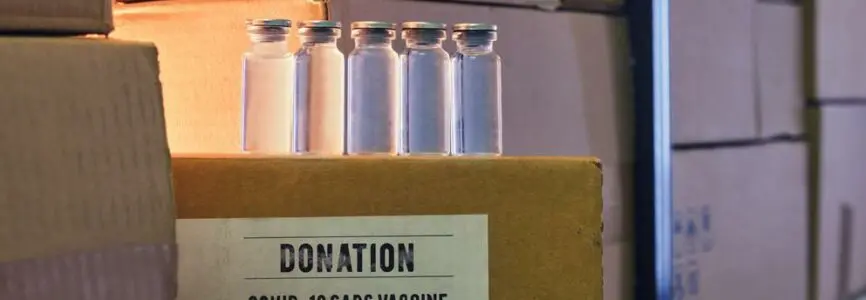
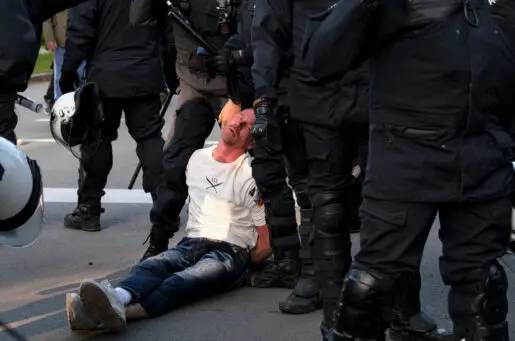


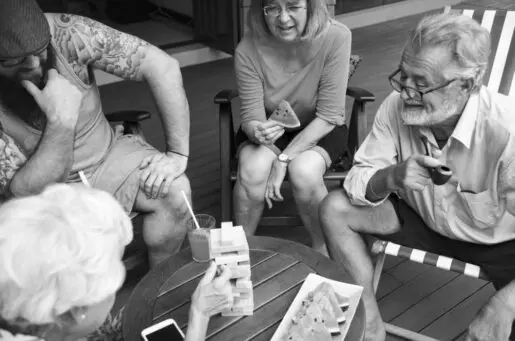


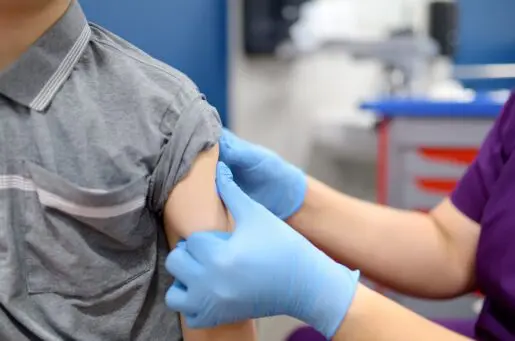

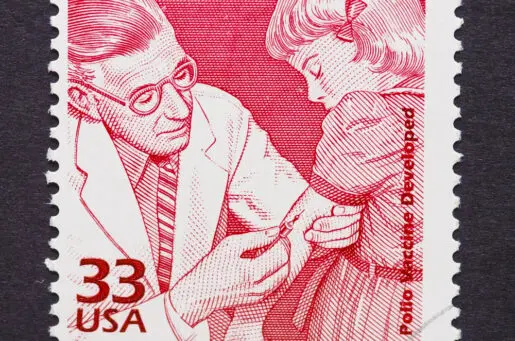
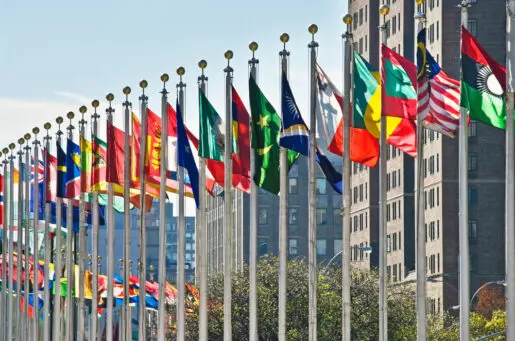



Bravo
Thank you for finally bringing something vital to the bioethical discourse. As a bioethicist, now working primarily in economics, I was very disappointed to see that the covid discussion revolved entirely around issues of allocation and equity. While important there is so much more that should be a part of the discourse; especially when one sees the discourse always behind the “game” instead of looking to where the ball is heading. Here I am thinking of ventilators, where as it was oxygen that was going to be the limiting factor. I am also curious as to where the discourse is on Vitamin D, which many northern countries like Scotland & Sweden have been promoting, not as a cure but as a partial prophylactic and part of everyday good health. Thank you for exposing the ethical side of Trade Related Intellectual Property Rights during a health emergency.